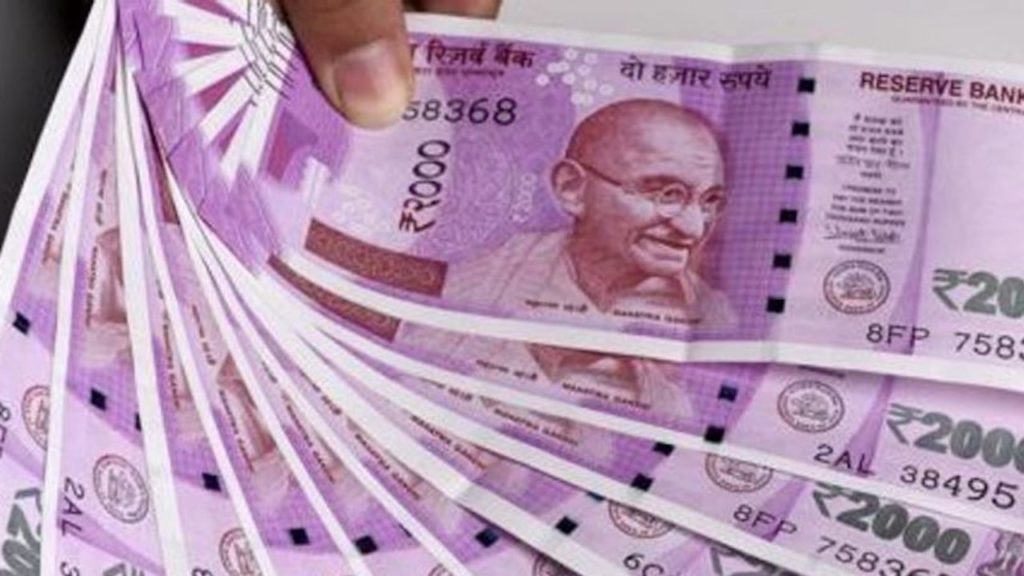The Indian rupee fell to a record low of 83.70 against the U.S. dollar following the government’s decision to increase the capital gains tax, leading to a domestic stock market crash. This depreciation highlights the sensitivity of the rupee to fiscal policies and investor sentiment.

Introduction
On Tuesday, the Indian rupee plummeted to a record low of 83.69 against the U.S. dollar. This decline was triggered by the government’s decision to hike the capital gains tax, a move announced by Finance Minister Nirmala Sitharaman during the presentation of the Union Budget 2024. The announcement caused a significant crash in the domestic stock market, further weakening the rupee.
Impact of Capital Gains Tax Increase
The increase in capital gains tax has had a profound impact on the Indian financial markets. Investors reacted negatively to the announcement, leading to a massive sell-off in the stock market. This sell-off created downward pressure on the rupee, driving it to its lowest ever level against the U.S. dollar.
How Capital Gains Tax Affects Currency Value
Capital gains tax is levied on the profit made from the sale of assets, including stocks, bonds, and real estate. An increase in this tax reduces the net returns on investments, making Indian assets less attractive to both domestic and foreign investors. Consequently, investors might pull out their funds, leading to a decline in the stock market and increasing the supply of rupees in the forex market. This surplus of rupees against the demand for the dollar leads to the depreciation of the rupee.
Immediate Aftermath and Market Reactions
Before the budget announcement, the rupee was trading at 83.6275 to the dollar. Post-announcement, it dropped to 83.69, surpassing the previous record low of 83.6775. The market’s negative reaction to the tax hike underscores the delicate balance between fiscal policy and market confidence.
Conclusion
The recent decline of the Indian rupee to 83.69 against the U.S. dollar highlights the significant impact of fiscal policy decisions on currency stability. The increase in capital gains tax led to a stock market crash, which in turn caused the rupee to fall. This incident serves as a reminder of the interconnectedness of fiscal policies, investor sentiment, and currency values.
As the government navigates these turbulent waters, it will be crucial to balance revenue generation through taxes with maintaining investor confidence to ensure economic stability.
4o












